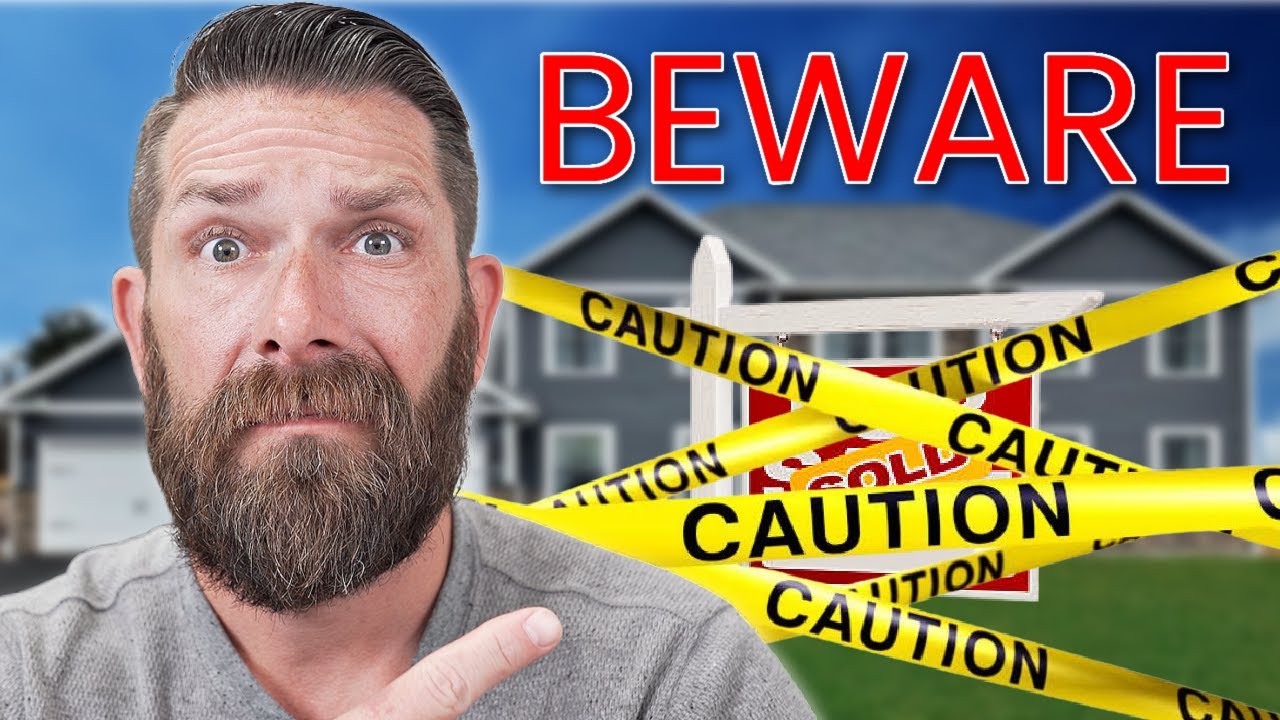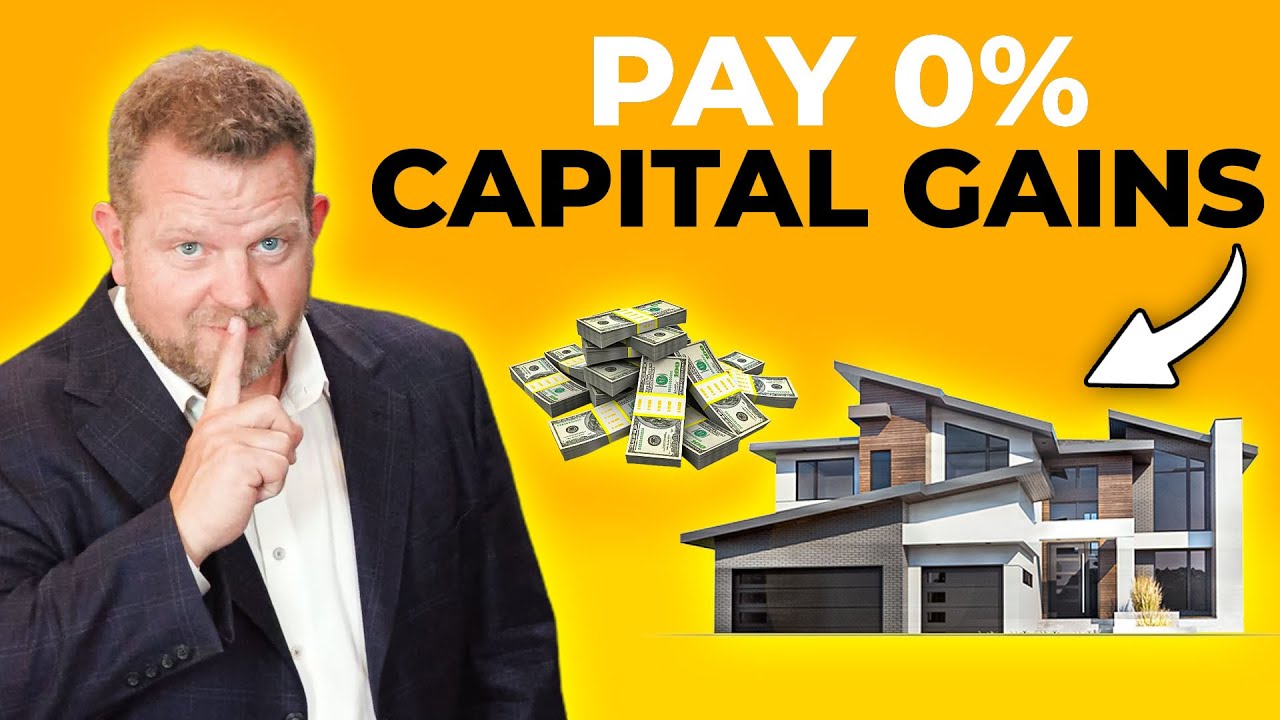When it comes to selling your home, grasping the ins and outs of capital gains on home sale is crucial. Nothing feels better than cashing in on the profit from your investment but understanding how capital gains taxes can affect that profit is essential. Capital gains are the increase in the value of an asset—in this case, your home—between the time you buy it and sell it. You’ll want to consider factors like your purchase price, selling price, and any costs tied to the sale while figuring this out.
For instance, let’s say you bought your home for $300,000 and sold it for $500,000. You might think your gross capital gain is $200,000. But wait! To get a clearer picture of your profit, you’ll need to consider your adjusted basis, which counts your purchase price and any improvements you’ve made to the property.
Exemptions and Deductions
As of 2026, many homeowners can take advantage of valuable exemptions granted by the IRS. If the home you’re selling has been your primary residence, you could exclude up to $250,000 in capital gains if you’re filing as a single individual. If you’re married and filing jointly, this exclusion can go up to a whopping $500,000! This means you might sell your home without any capital gains tax biting into your profit. Finding yourself within these parameters can leave you with a comfortable amount of cash after closing—money that can be spent on your next home, investments, or even that Lululemon bag you’ve had your eye on.
But don’t forget, to qualify for these exemptions, you must have lived in the home for at least two of the last five years before selling. So, if you’ve been in your home for a while and think it’s time to move, now might be the perfect time to consider that sale.

Top 7 Strategies to Minimize Capital Gains on Home Sale
Even if you think you understand capital gains, you can adopt additional strategies to ensure you minimize your capital gains exposure. Let’s dive into some effective ways to safeguard your profits:
1. Track Your Improvements
Always track the renovations you make to your home. Major upgrades—such as adding a new kitchen or additional bathrooms—can significantly boost your home’s value. If you put $50,000 into that stunning kitchen remodel, it might positively impact your selling price, decreasing your reported gains on the sale. After all, your home’s sale price should reflect not just the market conditions in Chappaqua but also the quality of what’s within your property.
2. Timing Your Sale
Have you ever heard the saying, “Timing is everything”? Well, when it comes to selling property, it’s particularly sound advice. If you hold onto your property for at least a year, you can benefit from lower long-term capital gains rates. For example, if you purchased your house in early 2025 and decide to sell it in early 2026, waiting until late 2026 could save you some serious tax dollars.
3. Utilize 1031 Exchanges for Investment Properties
If you’re dealing with investment properties, consider taking advantage of a 1031 exchange. This strategy allows you to defer capital gains taxes by reinvesting the proceeds into a similar property. For instance, if you’re selling a commercial property in sale—like a laundromat for sale—you can reinvest in another income-generating asset. It’s an excellent way to maintain your portfolio without the dread of immediate tax consequences.
4. Engage in DIY Preservation
You don’t need to break the bank to improve your home’s value. By opting for do-it-yourself (DIY) updates like painting or basic landscaping, you could elevate your home’s appeal while keeping your expenses down. These small, strategic enhancements can significantly impact your sale price, making your home attractive to buyers without changing your tax profile significantly.
5. Sell During a Seller’s Market
Timing isn’t just about holding onto your property; it’s also about knowing when to sell. During a seller’s market, where demand is high and available homes are scarce, you can often maximize your sale price. For instance, in 2026, urban markets saw homes flying off the shelves at premium prices, which meant sellers could leverage their equity firmly.
6. Consult a Real Estate Professional
Understanding the complex landscape of real estate can make any seller feel overwhelmed. Having a qualified real estate agent can be a game-changer. They can help you navigate the nuances of the market, spot hidden costs related to capital gains, and provide sound listings to get the price you deserve.
7. Understand “For Sale by Owner” Implications
As tempting as it may be to avoid agent commissions by using a for sale by owner contract, tread carefully. Managing negotiations on your own can lead to pitfalls, particularly when dealing with taxes and closing costs. Make sure you’re informed and prepared before going this route.
How Commercial Property Sales Impact Capital Gains
Selling commercial property involves distinct tax implications. With commercial properties, the rules around capital gains taxes may differ from those for residential real estate. Owners of mixed-use properties, for instance, should closely evaluate their depreciation and improvements. This is particularly important if you’re listing a property like a laundromat for sale, as every factor will affect your overall tax liability, which you’ll want to minimize as much as possible.

Land Sale Considerations and Strategies
Selling land can also come with its own set of challenges. Many landowners fail to recognize how capital improvements or changes in zoning could impact their gains. If you’re selling land, consider any costs related to preparation; these can adjust your taxable amount. Understanding the nuances can help secure greater exemptions or lower your tax burden.
Innovative Selling Approaches
Today’s sellers have a range of selling platforms at their disposal, enhancing potential buyers’ reach. By leveraging online tools such as virtual tours and high-quality video showcases, you can boost market interest significantly. If you market effectively, you might even inflate your sale price, which helps minimize tax impacts when you sell your property.
Final Thoughts
Grasping the ins and outs of capital gains on home sale need not be overwhelming. With a little knowledge, you can make savvy moves to maximize profits while navigating tax implications. Awareness of various exemptions, timing, and innovative selling tactics can turn what initially appears intricate into an easygoing and profitable venture. Remember: knowledge is power, especially in the fast-paced realm of real estate. By being proactive, you can ensure your next real estate sale is smooth sailing all the way to the bank!
Capital Gains on Home Sale: Fun Trivia and Interesting Facts
Did You Know?
When selling your home, understanding capital gains on home sale can be a game changer! For instance, did you know that homeowners can often exclude up to $250,000 in capital gains from taxes—$500,000 for married couples? This rule can save sellers a hefty sum! So, if you’re thinking about selling, knowing this can be as relevant as finding the best Studios near me for family movie nights after a successful sale.
You might find it fascinating that the real estate market has many quirky trends. For example, certain places, like Muskogee OK, have seen dramatic fluctuations in home prices over the years. This can impact how much you’ll pay in capital gains if you decide to sell. Staying on top of local trends can help you time your sale much like keeping tabs on your favorite film at the Wonderland Cinema to catch it right when it leaves theatres.
Appraisal Pointers
Speaking of trends, did you know the type of home you own can significantly affect your capital gains calculations? Different Types Of Homes can appreciate differently, and knowing what you have can make all the difference during your sale. For instance, two identical houses in different neighborhoods might result in wildly different profits due to local demand. Sellers who understand this angle find themselves well-equipped to maximize their returns, just as savvy investors consider Apple’s net worth to gauge market trends.
Finally, while many homeowners sweat over repairs and renovations before selling, it’s worth noting that some costs associated with home improvements may actually enhance your capital gains strategy. Take Cgs Waterproofing & repairs, for example—they may help your home’s value soar, making your ask price much sweeter. If you play your cards right with these aspects, selling not only becomes simpler, but could also lead you to that very first leap into property investment!
In conclusion, diving into the capital gains on home sale calculations is as vital as knowing the latest in fashion for your big outing. By wrapping your head around these factors, you can unveil strategies to maximize your profit and set yourself up for success.





